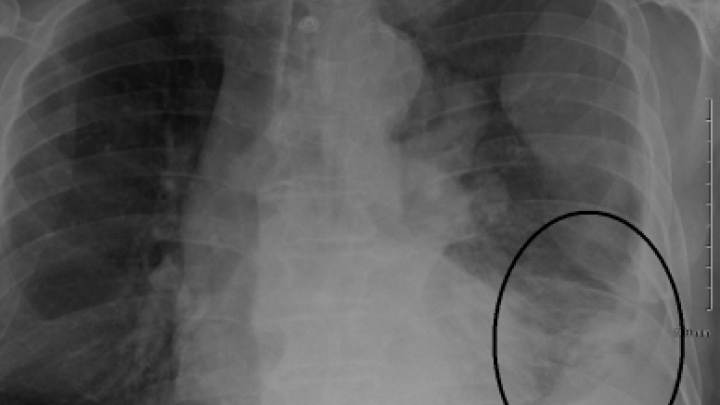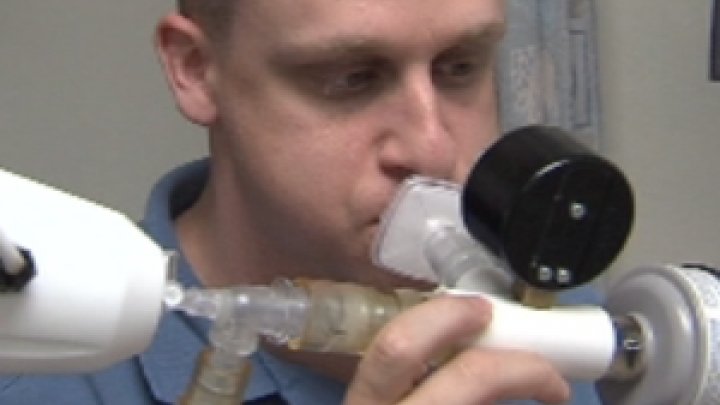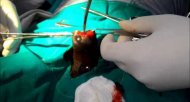The Doctor Will Call You Now: The Future of Cancer Care and Telemedicine
When you are living with cancer, being close to your friends and family become vital as your support system. But if you live in an area that does not have access to cancer specialists or the specialist you specifically wish to see, telemedicine may be the answer.
Telemedicine is the use of teleconference software that allows you and your doctor to interface. You can be hundreds to thousands of miles away, yet still consult with your physician via telemedicine software.
The University of North Carolina Lineberger Comprehensive Cancer Center is an example of a highly developed telemedicine program. The facility utilizes a web-based program called Covescent to receive imaging studies and electronic medical records (EMR) to review a patient's case and collaborate among the physicians to determine the best approach for cancer treatment.
"These high-definition video-conferencing capabilities allow teams of UNC specialists from various disciplines to talk with physicians across the state in real time, so that we can collaborate with them to develop the best, individualized treatment plans for each patient -- an approach that has been shown to improve patient care," explained Richard Goldberg, MD, the physician in chief and chief of the division of hematology and oncology at UNC-Chapel Hill School of Medicine in an interview with "SC" magazine.
Another institution, the Doctors Hospital at Renaissance in San Antonio, utilizes telemedicine at their regular tumor board meetings. During these meetings, a variety of specialists, including nurses and physician specialists in surgery, medical oncology, radiology and pathology collaborate to discuss specific cancer cases. During the meetings, they review imaging studies, biopsies and treatment plans for patients who live nearby and far away to determine success stories, learning opportunities and treatment protocols for current patients. Through collaboration, the area's best cancer specialists can provide patients with the needed treatments.
Serving the Underserved
In many areas of the country, cancer patients have a long drive to seek cancer care. MD Anderson, one of the largest cancer care programs in the country, offers a telesurgery program that provides the opportunity to connect not only to patients, but also to surgeons and surgeries in smaller areas. This includes direction on minimally invasive, robotic surgeries.
"MD Anderson has the experience and cancer volume to help lower-volume centers," says Chris Holsinger, MD, the associate professor of head and neck surgery in a press release from the organization. "Telemedicine technology decentralizes knowledge and expertise held within large centers."
In addition to consulting on cases, MD Anderson physicians can also work with other doctors to determine if a patient is a surgical candidate.
Using technology and the collaboration of experienced and knowledgeable minds, telemedicine offers many opportunities to enhance cancer care for patients. Cancer patients interested in participating in telemedicine programs can ask for a referral from his or her physician. Telemedicine can also extend to services outside cancer-specific care. This includes psychiatric counseling and support groups for those who may not have the ability to travel, yet desire additional services.






















